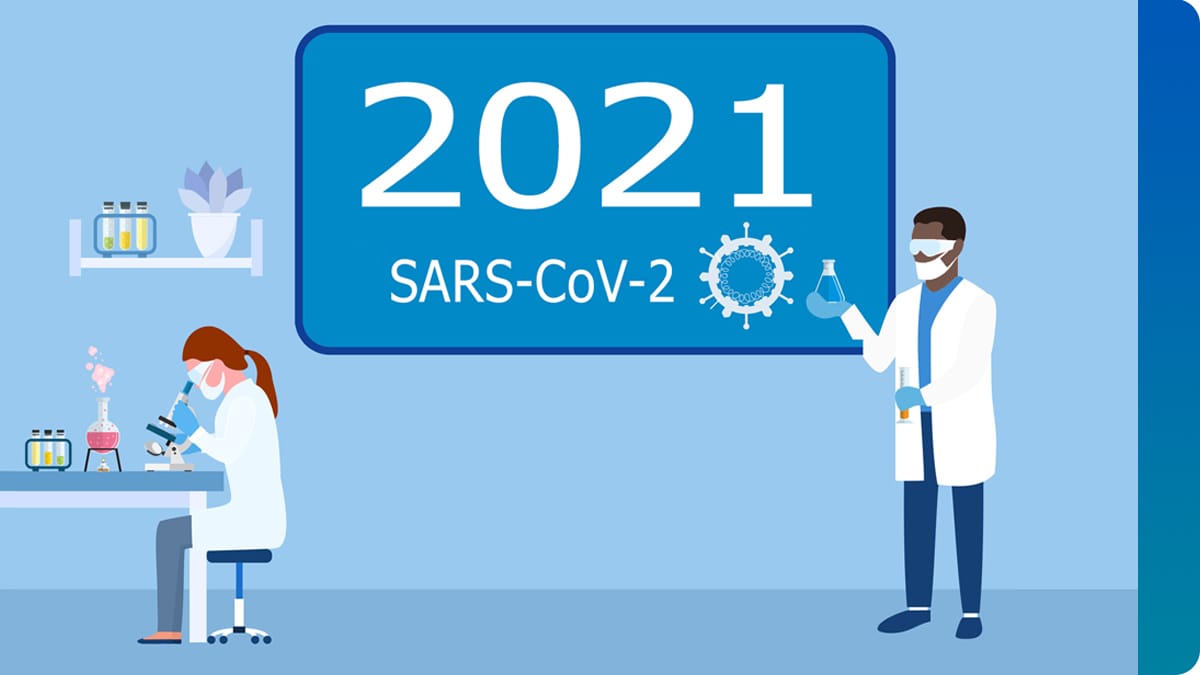What to know
Arizona State University conducted next-generation sequencing and developed tools to track SARS-CoV-2 in Arizona. Awarded in 2021, this project sequenced 2,000 positive samples over 12 months. Sample criteria included reinfection cases, routine surveillance of low-population counties, and vaccinated individuals. The university developed a tool for researchers to upload sequences and analyze the data for emerging variant trends.

Findings on SARS-CoV-2 variant characteristics
This project:
- Used software developed to analyze the spike protein of SARS-CoV-2 to analyze mutations in the vaccine antigenic site of respiratory syncytial virus (RSV).3
- Contributed sequencing data to characterization of SARS-CoV-2 illness due to the BA.2 variant in a university-associated cohort.4
- Contributed sequencing data to characterization of SARS-CoV-2 mutations that reduce diagnostic assay detection.5
- Baseline Sequencing Surveillance of Public Clinical Testing, Hospitals, and Community Wastewater Reveals Rapid Emergence of SARS-CoV-2 Omicron Variant of Concern in Arizona, USA. mBio, 2023
- Seasonality of Respiratory, Enteric and Urinary Viruses Revealed by Wastewater Genomic Surveillance. medRxiv, 2024
- Holland LA, Holland SC, Smith MF, et al. Genomic Sequencing Surveillance to Identify Respiratory Syncytial Virus Mutations, Arizona, USA. Emerg Infect Dis. 2023;29(11):2380-2382. doi:10.3201/eid2911.230836
- University-Associated SARS-CoV-2 Omicron BA.2 Infections, Maricopa County, Arizona, USA, 2022. Emerging Infectious Diseases, 2022.
- SARS-CoV-2 Delta Variant N Gene Mutations Reduce Sensitivity to the TaqPath COVID-19 Multiplex Molecular Diagnostic Assay. Viruses, 2022.
